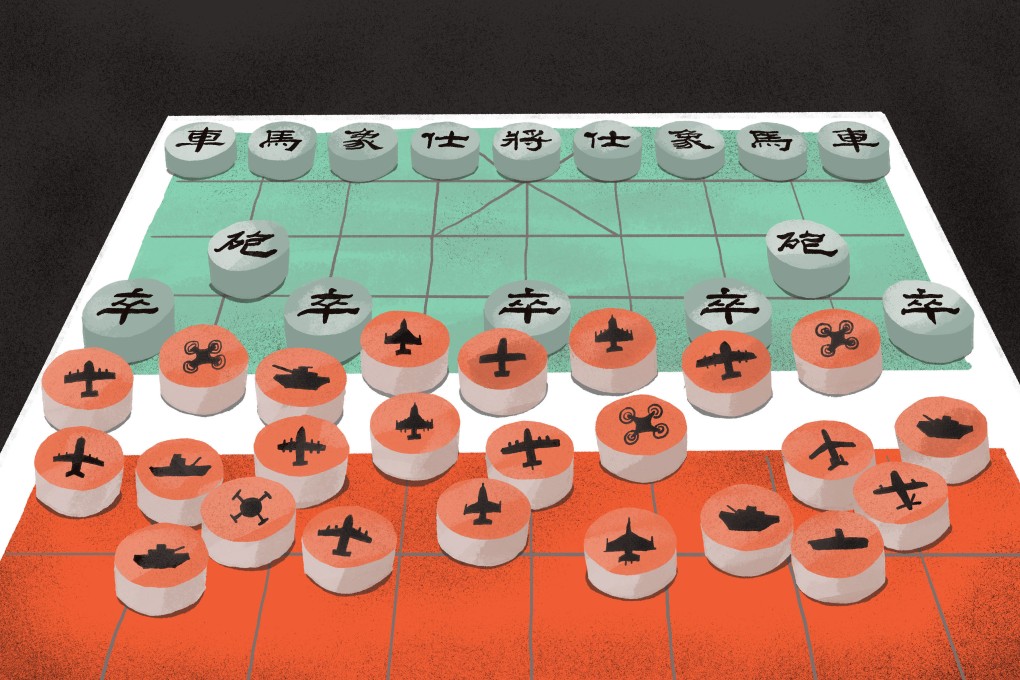More aircraft, more ships, more often: how the PLA is pressuring Taiwan’s defences
Six months after island’s new leader took over, PLA tracking data shows growing numbers of military exercises and sorties are getting closer to more of Taiwan

Decades after a civil war in the middle of the 20th century led to the foundation of the People’s Republic of China, tensions between mainland China and Taiwan are surging again. Despite Beijing’s repeated calls over the years for peaceful reunification the military option has never been taken off the table.
The People’s Liberation Army (PLA) – so named by the Communist Party as a reference to its seizure of cities during the conflict – has been increasingly active around Taiwan.
With Lai now six months into his term, a tally by the Post, based on the almost-daily figures released by the island’s defence ministry, has revealed how the PLA turned up its pressure on the island since Lai was sworn in in May.
The analysis, which examined tracking data from the past 18 months, showed that the PLA has deployed more aircraft, increasingly closer to the island, with a higher number of sorties, and a higher percentage of those sorties, crossing the median line that divides the Taiwan Strait.